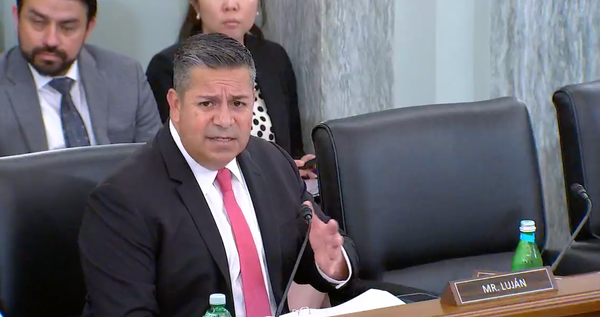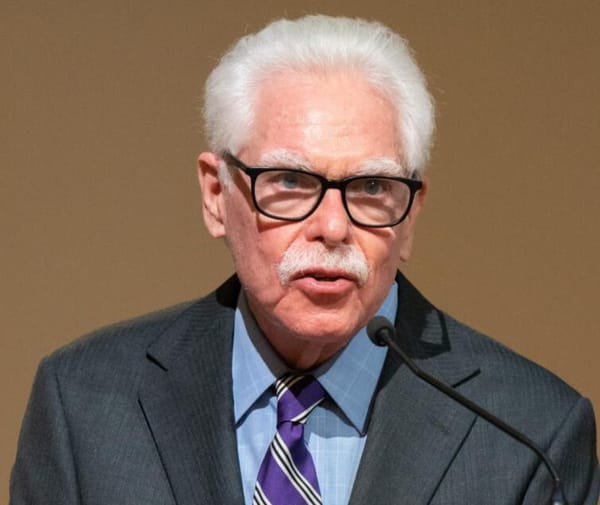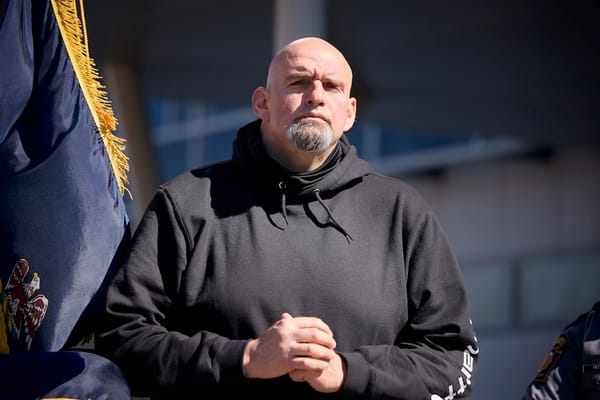D.C. Circuit Court of Appeals Strikes Down FCC’s Net Neutrality Rules
WASHINGTON, January 14, 2014 – The D.C. Circuit Court of Appeals, in a setback for the Federal Communications Commission, on Tuesday stuck down the agency’s Open Internet Order, issued in 2010. The open internet rules built upon a prior policy statement issued by the FCC in 2005. In 2010, former age
WASHINGTON, January 14, 2014 – The D.C. Circuit Court of Appeals, in a setback for the Federal Communications Commission, on Tuesday stuck down the agency’s Open Internet Order, issued in 2010.
The open internet rules built upon a prior policy statement issued by the FCC in 2005. In 2010, former agency chairman Julius Genachowski attempted to codify the 2005 principles into administrative law.
The court decision, Verizon v. FCC (pdf), represents a victory for the communications giant Verizon Communications, which sued the agency to block enforcement of the order.
In actual practice, though, cases where a company proposes or engages in actions in violation of the order are hard to come by.
As articulated in the 2005 policy statement, the agency put forward four principles for the open internet. They were that consumers should have or be able to:
- Access the lawful internet content of their choice
- Run applications and use services of their choice, subject to the needs of law enforcement
- Connect their choice of legal devices that do not harm the network
- Competition among network providers, application and service providers, and content providers
The Open Internet Order, as promoted by Genachowski and adopted by the agency, added two additional principles to these four.
The fifth principle stated that broadband providers may not discriminate against particular Internet applications by degrading or blocking lawful traffic.
The sixth principle would mandate broadband providers be transparent about their network management practices.
The decision, which struck down the 2010 order on a 2-1 vote of three Circuit Court judges, was not a complete loss for the commission.
A key passage concluded: “Even though the Commission has general authority to regulate in this arena, it may not impose requirements that contravene express statutory mandates,” said the Court.
“Given that the Commission has chosen to classify broadband providers in a manner that exempts them from treatment as common carriers, the Communications Act expressly prohibits the Commission from nonetheless regulating them as such. Because the Commission has failed to establish that the anti-discrimination and anti-blocking rules do not impose per se common carrier obligations, we vacate those portions of the Open Internet Order.”
Among the news organizations with the first stories on the decision include GigaOm, The Verge, and Deadline.com.
In a statement, current FCC Chairman Tom Wheeler said:
The D.C. Circuit has correctly held that ‘Section 706 . . . vests [the Commission] with affirmative authority to enact measures encouraging the deployment of broadband infrastructure’ and therefore may ‘promulgate rules governing broadband providers’ treatment of Internet traffic.’ I am committed to maintaining our networks as engines for economic growth, test beds for innovative services and products, and channels for all forms of speech protected by the First Amendment. We will consider all available options, including those for appeal, to ensure that these networks on which the Internet depends continue to provide a free and open platform for innovation and expression, and operate in the interest of all Americans.
Senator Ed Markey, D-Mass., said:
As one of the primary authors of the Telecom Act of 1996, I know the Communications Act gives the FCC clear authority to oversee the operation of broadband networks, and has the power to intervene in its effort to preserve competition and safeguard consumers.
I plan to introduce legislation in the coming days that makes this crystal clear, and look forward to working with the Commission to ensure consumers are protected.
House Energy and Commerce Committee Ranking member Henry Waxman, D-Calif., said:
Today the D.C. Circuit affirmed what never should have been in question – the FCC can protect consumers, innovation, and competition online. Now the Commission must act expeditiously to exercise the authority the court has recognized. I look forward to working with the FCC to revise the rules on the books that protect the free and open Internet, so that it remains the robust platform that is driving our economy today and into the future.
Public Knowledge Senior Vice President Harold Feld said:
The Court has taken away important FCC flexibility, and its opinion could complicate FCC efforts to transition the phone network to IP [internet protocol] technology, promote broadband buildout, and other matters.
However, the Court did uphold broad Commission authority to regulate broadband. To exercise that authority, the FCC must craft open internet protection that are not full fledged common carrier rules. Alternatively, if the FCC needs broader authority it can classify broadband as a title 2 common carrier service.
Michael Beckerman, CEO of the Internet Association, said:
The continued success of this amazing platform should not be taken for granted. The Internet Association supports enforceable rules that ensure an open Internet, free from government control or discriminatory, anticompetitive actions by gatekeepers. We look forward to studying the D.C. Circuit’s opinion and working with the FCC and policymakers on the Hill to protect Internet freedom, foster innovation and economic growth, and empower users.









